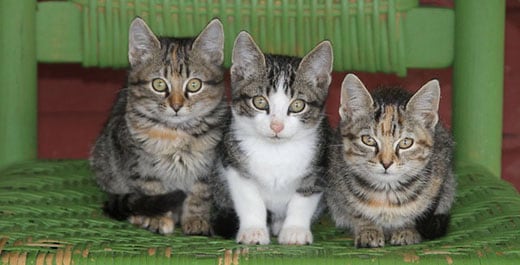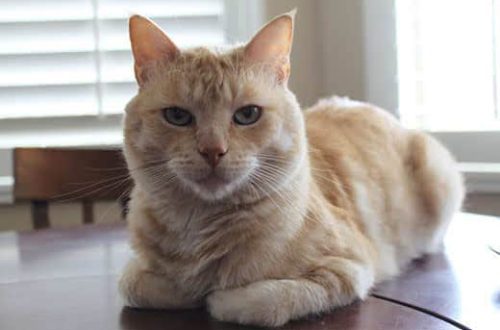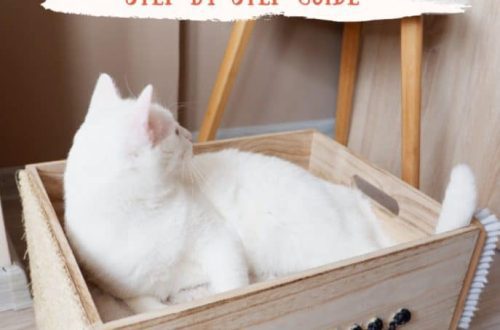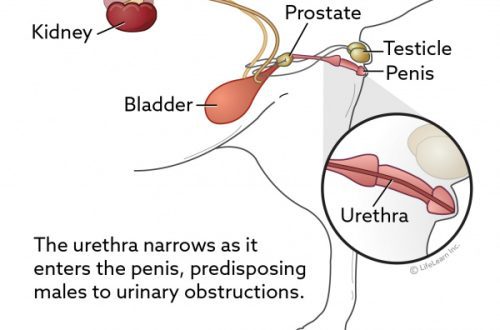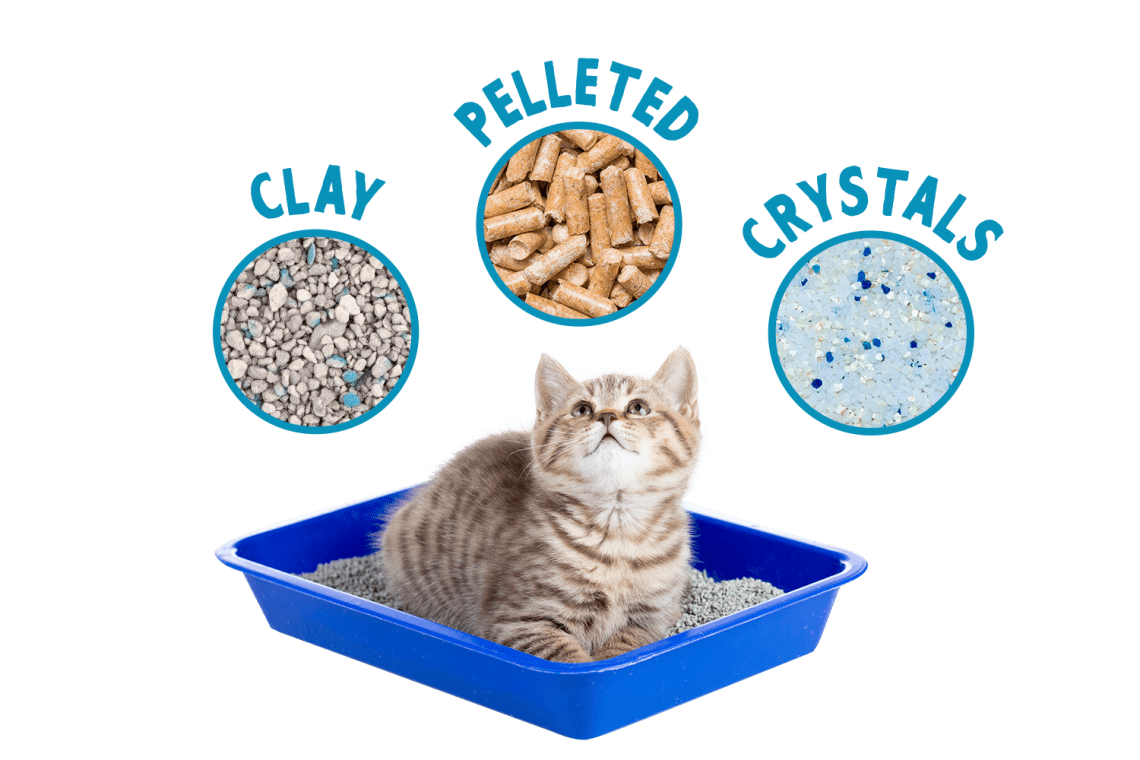
Fako azo antoka ho an'ny saka, sakafo ary kilalao: izay ilain'ny biby fiompinao voalohany
Having become the owner of the cutest kitten in the world, you need to carefully consider the practical aspects of his upbringing. Which litter is best for kittens? What toys to buy for a kitten? A little reminder will help you navigate these issues.
From the carrier to the collar, here are seven important kitty care items that owners should be aware of:
Hevitra ato Anatiny
1. Which litter is safe for kittens
There are many options for tray fillers from a wide variety of materials, including clay, pine, paper, and even walnut shells. In addition, there are fillers that stick together and that do not stick together. There is a very real risk that the baby will inhale or swallow the clump of litter, either by eating it straight out of the litter box or trying to get a piece stuck between the paw pads. Once in the intestines, this lump can become even harder and cause internal damage. It is best to avoid sticky litter until the kitten learns to distinguish it from food.
2. What food is suitable for kittens
Pets under 5 weeks of age who for some reason cannot feed on their mother’s milk should be fed formula or “porridge” – kitten food mixed with formula. Babies over 5 weeks old can be fed solid kitten food: dry or wet. It is best to check with your veterinarian before giving your pet any food, regardless of age, as no one knows a kitten’s needs better than a doctor.
3. How to choose a special shampoo for kittens
Cats are true grooming professionals, but if you need to bathe your furry friend, it’s important to use the right products. You need to choose a mild detergent that does not contain harsh chemicals and is suitable for cats. Never use dog shampoos, especially those containing flea repellants, as they can be toxic to cats. Shampoos for people and dishwashing detergents should not be used. Even the most gentle of them can deprive the skin and coat of a kitten of essential oils.
4. Is it possible for a kitten to wear a collar
Even if the kitten has a microchip and/or is never allowed outside, it is necessary to provide it with a secure collar and address tag. A fluffy baby is best suited for an unbuttoned protective collar. Unlike elastic ones, in a protective collar, his paws or muzzle will not get stuck. Cats of any age can chew on a dangling tag and end up choking on it. It is better to choose a tag in the form of a buckle that fits snugly on the collar. So the kitten will not be able to gnaw it, moreover, such tags fall off less often.
5. Which cat carriers are safe
You may not need to put your kitten in a carrier more than a couple of times a year, but in any case, you should choose the safest model that will reliably protect him during trips. Better get a hard plastic carrier, Animal Hospital of North Asheville recommends. They are durable and easy to clean. In addition, the top of such an accessory can be easily removed in case the pet does not want to leave through the door. The publication also emphasizes that the carrier should not be too large: “The size of the carrier should allow the cat to stand, sit and change position. As a general rule, the carrier should be about one and a half times the size of the cat.” It should not be so big that the furry friend was dangling in it from side to side.
6. What toys are best for a kitten
Anything can become a kitten’s toy – from hair ties to curtains. These furry mischief-makers need to be kept away from plastic bags and toys that are small enough to swallow, especially those with small decorative items. You should also cut off all potentially dangerous items from toys or completely replace such toys with undecorated catnip pillows, large balls, or even balls of crumpled paper. It is imperative to remove any threads and ropes, as they can pose a serious danger to the kitten.
7. Which flea and tick treatments are safe
Do not use products intended for people, dogs or other animals to treat a cat. Pesticides used in dog flea collars are usually toxic to cats. The College of Veterinary Medicine at Cornell University recommends that you do not purchase flea or tick products without consulting a veterinarian.
In any case, if owners have questions or concerns about the safety of certain kitten care items, it is best to consult with a veterinarian. This will go a long way to the safety, happiness, and health of your new furry friend.
Jereo ihany koa:
Ahoana no ahafantarana ny kitten-nao hoe nahoana ny kitten no mikaroka ny zava-drehetra mety ho olana ara-pahasalamana ao amin'ny kitten-nao.



